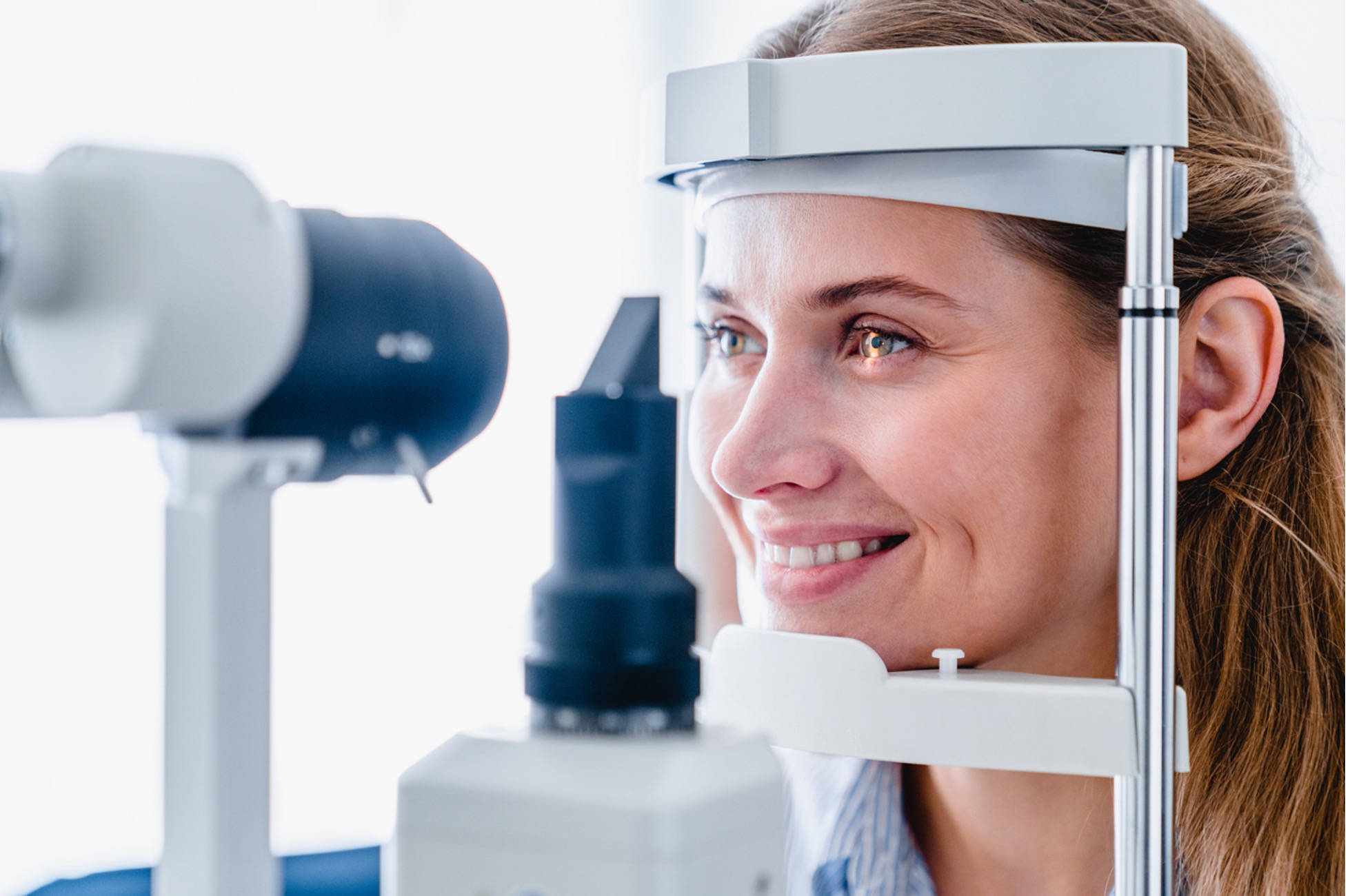Expert Glaucoma Service Near Me: Advanced Therapy Options
Wiki Article
Understanding the Numerous Eye Conditions Treated by Specialized Eye Care Professionals
In the world of eye care, specialized professionals play an important function in identifying and treating a large range of eye problems. As we begin on this expedition of the different eye conditions attended to by specialized eye care experts, it becomes obvious that the intricate internet of eye health and wellness holds a myriad of remarkable insights waiting to be revealed.Usual Refractive Errors
Refractive errors prevail aesthetic problems brought on by a blemish in the eye's ability to correctly focus light, leading to obscured vision. One of the most prevalent kinds of refractive mistakes consist of nearsightedness (nearsightedness), hyperopia (farsightedness), astigmatism, and presbyopia. Myopia occurs when the eyeball is as well lengthy or the cornea is as well curved, causing far-off items to show up fuzzy. Hyperopia, on the various other hand, occurs when the eyeball is as well short or the cornea is also level, leading to neighboring items running out focus. Astigmatism is defined by an irregularly designed cornea, resulting in distorted or blurred vision at all ranges. Presbyopia is an age-related condition where the lens sheds its versatility, making it hard to focus on close items.These refractive mistakes can be corrected via different approaches, consisting of spectacles, call lenses, or refractive surgical treatment. Eye care specialists play a vital role in identifying and managing refractive errors to aid people achieve more clear vision and improve their lifestyle.
Age-Related Eye Problems
One of the most common age-related eye problems is age-related macular deterioration (AMD), a condition that creates central vision loss and can make activities like analysis and driving tough. Cataracts, another usual problem amongst older people, create clouding of the eye's natural lens, leading to blurred vision. Routine eye exams with specialized eye care specialists are crucial for early detection and administration of these age-related eye conditions to protect vision and maintain ocular health and wellness as individuals grow older.Vision-Threatening Conditions
Vision-threatening conditions incorporate a range of major ocular conditions that have the potential to dramatically influence a person's sight and total aesthetic feature. These diseases pose a danger of long-term vision loss if not without delay diagnosed and treated by specialized eye care professionals. Some common vision-threatening diseases include glaucoma, diabetic retinopathy, age-related macular degeneration (AMD), and retinal detachment.Glaucoma is a group of eye conditions that harm the optic nerve, often over at this website as a result of high intraocular pressure, resulting in field of vision loss and possible blindness if left untreated. Diabetic retinopathy is a complication of diabetes that impacts capillary in the retina, creating vision problems or blindness. AMD is a progressive problem impacting the macula, resulting in main vision loss. Retinal detachment happens when the retina separates from its underlying cells, leading to sudden vision loss that calls for instant clinical interest (refractive surgeries in al).
Early discovery, regular eye examinations, and prompt treatment are important in managing vision-threatening conditions to protect eyesight and keep lifestyle. Specialized eye treatment professionals play an important role in diagnosing, dealing with, and taking care of these conditions to stop permanent vision loss.

Corneal Problems
Corneal problems include a range of problems that affect the clear front part of the eye, understood as the cornea. Therapy for corneal problems varies depending on the certain condition however may consist of medications, call lenses, or in severe instances, corneal transplants. Routine eye tests are essential for early detection and administration of corneal conditions to preserve vision and eye health and wellness.Neurological Eye Conditions
Neurological eye problems entail conditions that affect the connection between the eyes and the brain, affecting visual handling and total eye function. These conditions can materialize in various methods, impacting vision, eye movements, and even the control between the eyes. One usual neurological eye condition is optic neuritis, identified by swelling of the optic nerve bring about vision loss, shade desaturation, and discomfort with eye activity.One more substantial problem is nystagmus, where the eyes make recurring, uncontrolled motions, affecting Resources visual skill and depth assumption. Furthermore, conditions like amblyopia, typically described as "careless eye," result from irregular visual advancement in very early childhood years, bring about reduced vision in one eye.
Neurological eye problems need specialized care from specialists like neuro-ophthalmologists that have proficiency in both neurology and ophthalmology. Diagnosis frequently involves a comprehensive eye exam, imaging research studies, and collaboration with specialists to resolve the underlying neurological concerns influencing the aesthetic system. Therapy approaches can include medication, vision treatment, or in serious cases, medical treatments to take care of these complicated conditions properly.

Verdict
In verdict, specialized eye treatment experts treat a wide array of eye problems, consisting of click site usual refractive errors, age-related eye conditions, vision-threatening conditions, corneal problems, and neurological eye problems - refractive surgeries in al. By comprehending these various problems and looking for proper therapy from eye care professionals, people can preserve ideal eye health and wellness and vision. It is necessary to focus on routine eye assessments and comply with suggested treatment plans to protect and secure one's vision for the futureReport this wiki page